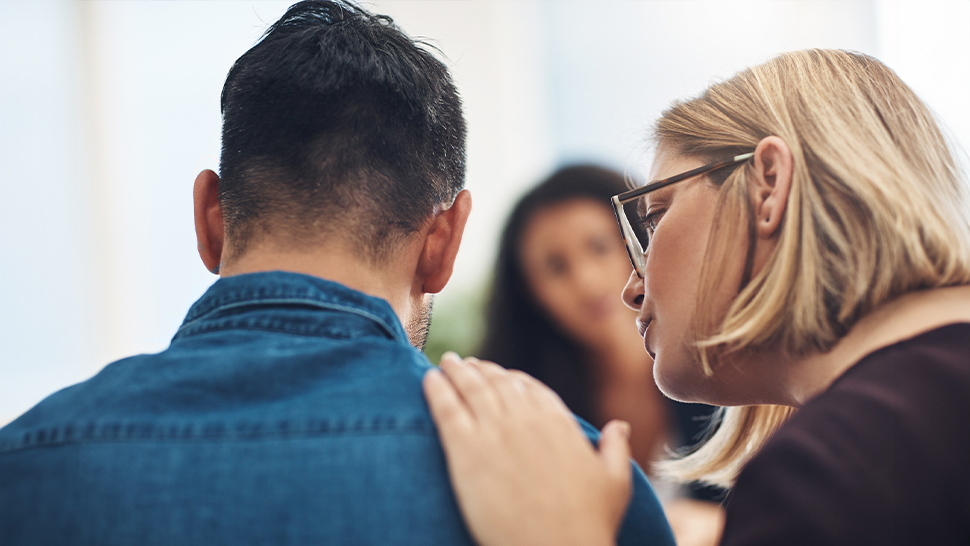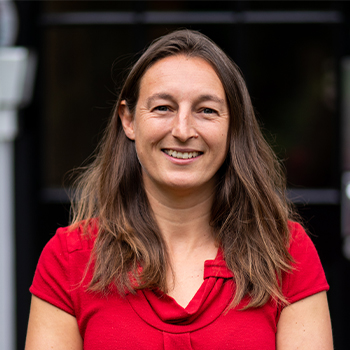The Hillsborough Disaster in 1989 saw the establishment of secondary victim claims in Alcock v Chief Constable of South Yorkshire Police [1992] 1 AC 310. The law made it possible for anyone who witnessed the wrongful death or injury to someone with whom they had a close tie of love and affection – i.e., parent and child or a husband and wife – to bring a claim for injury if as a result, they developed a recognised psychiatric injury. It must also have been reasonably foreseeable that a person of normal fortitude would suffer psychiatric injury due to witnessing the accident.
Some of the police officers that were present at the stadium during the Hillsborough disaster also suffered psychiatric injury. However, in the case of Frost v Chief Constable of South Yorkshire [1999] 2 AC 455, they were unable to recover compensation as the House of Lords ruled that none of them satisfied the legal requirement of having a close tie of love and affection with those killed or physically injured.
Subsequently, secondary victim claims have been made in appropriate cases where the initial event was clinical negligence. For example, we have pursued successful secondary victim claims arising out of birth injury cases, where the father suffered a psychiatric injury due to very traumatic events at the birth – the mother is seen as a primary victim. Recently, a number of claimants have tried to pursue secondary victim claims where they have witnessed a horrifying event sometime after the clinical negligence. The key argument was whether “what the claimant witnessed should be regarded as one event or several separate events”.
The cases of Paul and Another v Royal Wolverhampton NHS Trust and Others [2024] UKSC, were heard in the Supreme Court. One of the cases involved 14 months from the time of the clinical negligence to the time the patient collapsed and died in front of his children. The second case involved a six-year-old where the time of the clinical negligence was six months before she collapsed and died in front of her parents. In the third case the clinical negligence took place three days before the patient was found dead by her mother.
The Supreme Court concluded that “a claimant cannot recover damages for personal injury as a secondary victim unless the claimant witnessed an accident (or its immediate aftermath)”. It concluded that clinical negligence was not “an accident” and that therefore people will not longer be able to make secondary victim claims in clinical negligence cases.
Ally Taft, Partner at Medical Accident Group, said: “We understand how difficult it can be for clients who have been left with a psychiatric injury due to clinical negligence. However, the law is now clear that unless you are the primary victim; the one injured in the clinical negligence, you will not be able to bring a claim for your own psychiatric injury.





